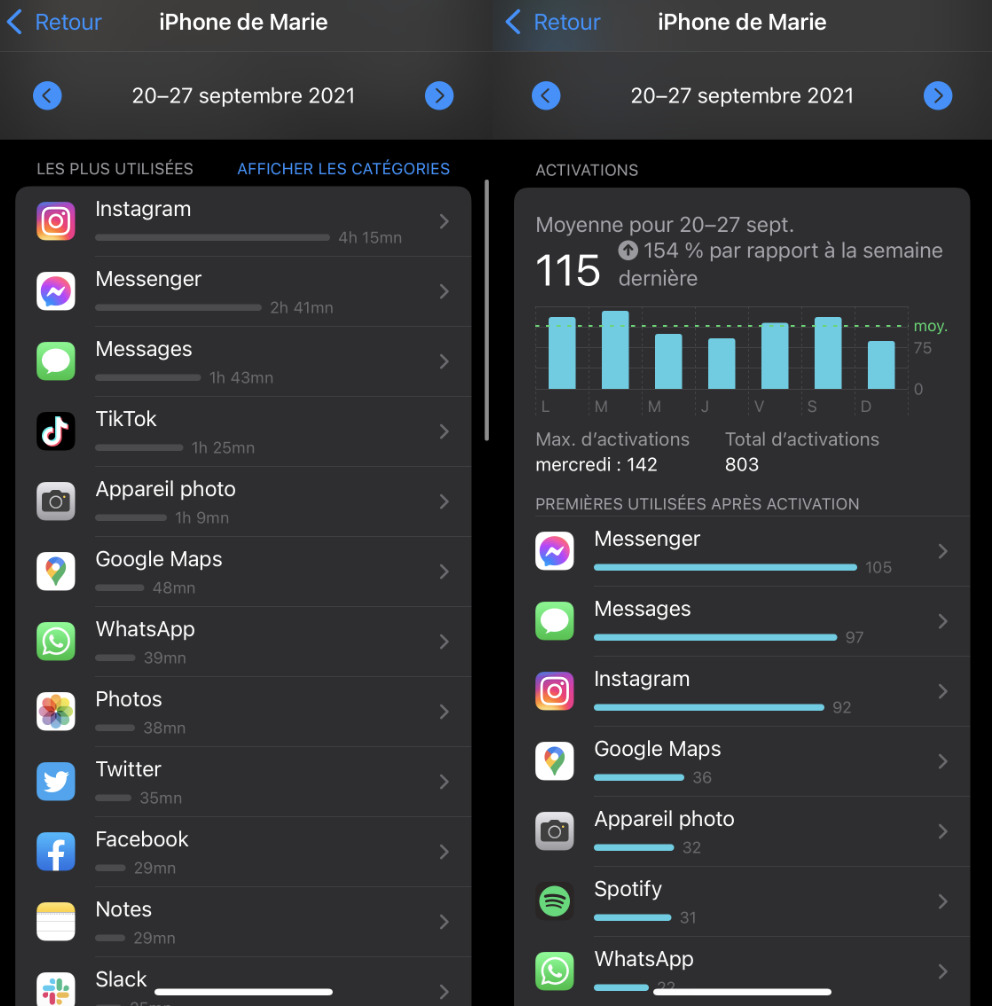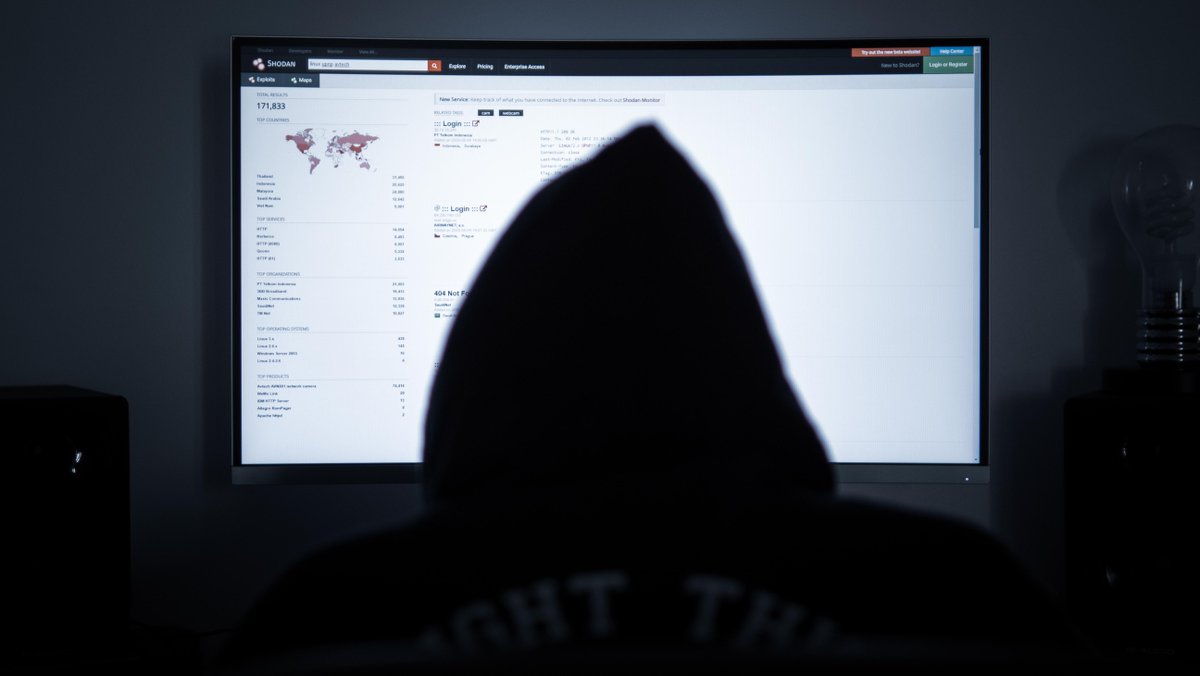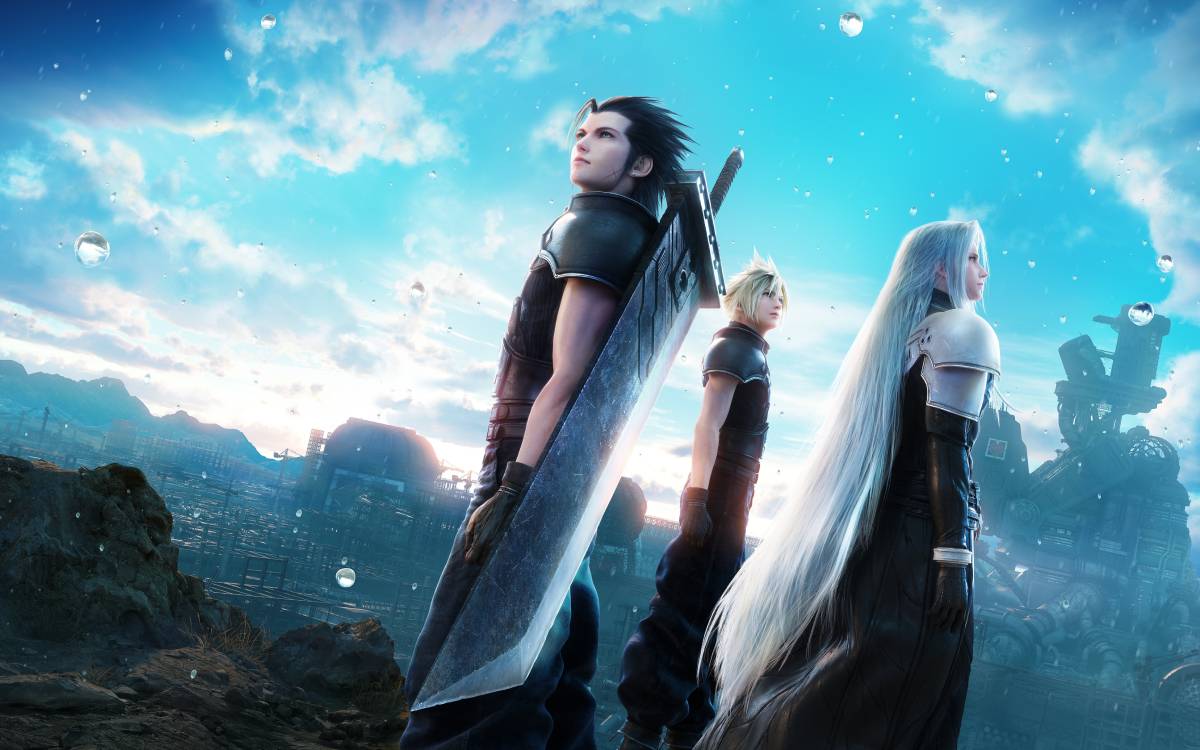Facebook, Instagram, WhatsApp and Messenger were inaccessible for more than 6 hours on October 4, 2021, causing a worldwide panic unprecedented in the age of social networks. Another thorn in the side of Facebook, which is trying to justify that it does not occupy a monopoly position.
The timing can make you smile. Facebook asked, Monday, October 4, 2021, a federal judge to dismiss the lawsuits of the American competition authority (the FTC), which accuses it of being in a monopoly situation on the global internet. There would be, according to the multinational of the tech, no “valid proof” for ” call Facebook an illegal monopoly “.
On the same day, all applications and sites belonging to the Facebook group were the victim of a huge unprecedented outage, paralyzing the majority of the global internet for more than six hours.
Instagram, Messenger, WhatsApp and Facebook, four of the most used apps in the world, were inaccessible. Impossible to refresh one of the social networks or to send a photo or a little note on one of the messengers of the large Facebook group. Suddenly, millions of Internet users found themselves stunned, staring at their smartphones, trying to get in touch with ghosts, who were probably also trying to communicate in vain with their loved ones.

Facebook and its applications embody “the Internet”
Never had I received so many text messages in such a short time, before this evening of October 4.
In one, a friend asked me if I could ” create a group Messenger conversation In her place, because she couldn’t, believing in an isolated bug. In another, a comrade urged me to go to Twitter, the only popular public social network still online (and who took advantage of it). A third announced to me outright that she had ” no more internet access “.
Facebook, Instagram, Messenger, WhatsApp: this is what “the Internet” looks like for a very large number of users. On Twitter, moreover, the keyword ” internet shutdown ”(Literally:“ Internet cut ”) came alongside the most obvious“ facebook down ”and“ instagram down ”on the evening of October 4. Still, all other sites and apps were working. By side effect, however, some were overwhelmed, such as Telegram, which experienced a strong influx of new registrations, like Signal.
Facebook is the 7th most visited site in the world, Instagram has over 1 billion monthly active users, while WhatsApp encrypted messaging has double that number. With the behemoths of Google (Google, YouTube, etc.) and the Chinese giants (QQ, WeChat, Baidu), Facebook quite simply embodies Internet.
You just have to take the test: go to the screen time counter on your smartphone and analyze your behavior when you surf online. For my part, the observation is clear: the 4 Facebook applications are in the top 10 of those on which I spend the most time per week, and Instagram and Messenger are far ahead. Admittedly, a particular case is not a representative example of global usage, but it allows me to see the extent of the power of the Facebook group in my life. However, I am a journalist, I work in digital, I use Twitter a lot, I have accounts on Telegram and Signal, I spend time checking my emails, I am aware of the extent of personal information that the we give to the giants of the web… and I open Instagram 92 times a week.

Who can really challenge Facebook?
In 2019, a study showed that a person had an average of 40 apps on their smartphone, but that 89% of their time was shared between only 18 apps. In the lead, we find social networks, followed by online games, then messaging.
Like all so-called social platforms, there is an obvious spiraling effect: you will chat where your loved ones are. You just have to see how difficult it is for a new platform to find a place in the uses (RIP the Ellos and other Clubhouses). And yet at the time of their launch, there is still this hint of hope: what if it was the a new platform that would this time really offer an alternative to the “must-see” giants? We begin to hope that a Mastodon succeeds in getting the concept of a decentralized social network accepted, then… it falls like a breath.
” I changed my mind, Facebook is a monopoly », Wrote Mark Weinstein, founder of the social network MeWe (20 million users), on October 1, 2021 in a column in the Wall Street Journal. He listed six reasons that lead him to conclude that the giant is far too big for it to give others a chance (taking the example of the stagnant Snapchat, screwed up by the Instagram attack which copied several of its features). ” Facebook is a monopoly unlike the world has ever seen. He has the power to influence, manipulate, change minds, opinions, votes and buy decisions on a global scale, more than any government », He hammers.
Facebook’s strengths are indeed multiple, but one of them is knowing (like other GAFAs for that matter) capitalizing on the fact that a majority of Internet users are in favor of the slightest effort. Changing your online practices takes a lot of energy and a lot of patience. Today, although I know that there are more secure alternatives to Messenger, that does not prevent me from exchanging lawyer stickers with my groups of friends all day long. My roller derby league knows well that it would be ideal, and much more in line with our values, to break free from Facebook groups and events, but all attempts to create alternative forums or Discord channels have been unsuccessful. . Go to a new platform, daily, dedicated to a single use with a single group of people? Many will give up along the way.
FTC wants Facebook to sell Instagram and WhatsApp
It’s been almost a year since the FTC filed a complaint against Facebook for undermining competition, denouncing the successive acquisitions of Instagram in 2012 for a billion dollars, then WhatsApp in 2014 for 19 billion. ” While it was no longer able to compete with new innovators, Facebook bought them illegally or buried them when their popularity grew too threatening. », Assénait Holly Vedova, member of the competition office of the FTC. These steps would have constituted, according to the agency, a ” monopolization of the social media market “.
” The complaint alleges that Facebook has embarked on a systematic strategy to eliminate threats to its monopoly. This behavior harms competition, leaves consumers little choice in personal social media, and denies advertisers the benefits of competition. », Asserted the authority. Facebook, for its part, speaks of ” revisionism From the FTC, which is reportedly waking up late after authorizing the buybacks less than ten years ago.
However, it is difficult to miss the immediate repercussions of the blackout of October 4, 2021: the alternatives were not completely non-existent, but the absence of these four behemoths was enough to compare their disappearance to a “power cut”. Internet ”global, which was far from being the case in fact.
The FTC complaint was swept aside for the first time, but the Commission returned to the charge last August, again asking that Facebook be forced to resell Instagram and WhatsApp, to reduce what is considered a very strong dominant position. At the same time, Mark Zuckerberg announced that he wanted Facebook to gradually transform into “Metaverse”, by relying in particular even more on augmented and virtual reality to create a ” digital universe Full-fledged. And why go without, when half of the world’s population uses at least one of your products.
So, of course, the CEO of Facebook is not the only one to carry these ambitions. On the entertainment side, the Epic Games studio has been presenting for years Fortnite as a “social platform” and not just an online game. He too is beginning to occupy an increasingly large space in the virtual world – ironically presenting himself as a disinterested knight, at war against the “monopoly” of another giant, Apple.
Facebook is one of the heads of the hydra of the “social web” as we know it today, dominated by a handful of multinationals run by men with similar profiles, within centralized systems, based on algorithms. deliberately opaque and changeable. Denying him monopoly status on the pretext that there would be five or six other giants like him would however be a mistake; the blackout of October 4, 2021 has shown it, Mark Zucberkerg’s group is everywhere, its responsibility is immense, and the powers of consumers have never been so limited. Their personal data is, in turn, well grouped in the hands of a single company.



